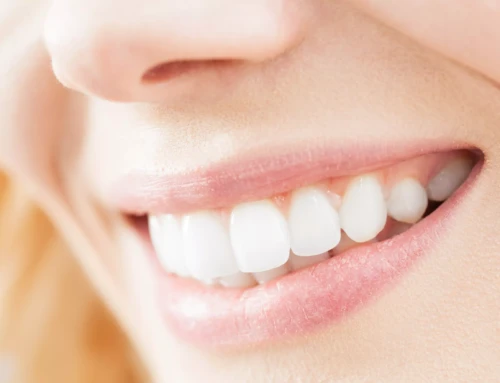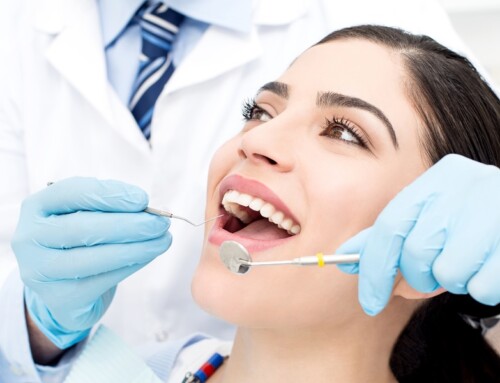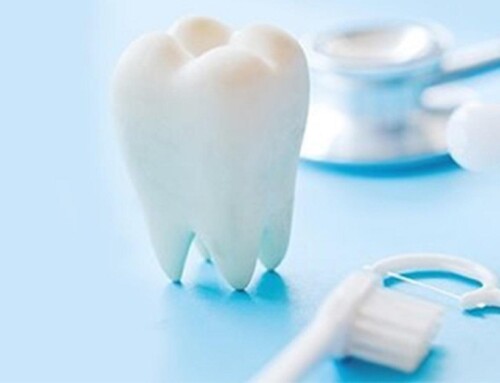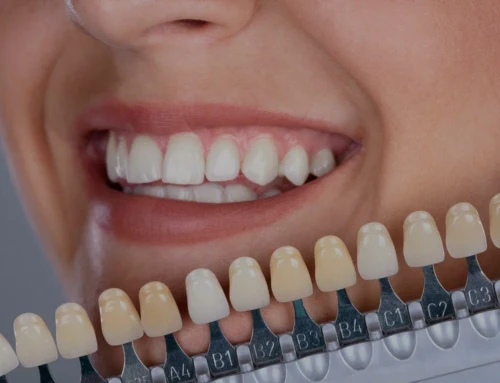Dental Health and Cancer
Some significant dental complications can arise during and for long after some forms of cancer treatment. For that reason, expert dental care from an experienced dental provider partnered with the patient’s treating physicians is essential to long-term dental health for the cancer patient. Some of the following are complications that need to be addressed:
I am most pleased that my oncologist recommended Jeff Turner. My wife and I met with him with different dental problems, and he was most attentive and responsive to our needs. He obviously is technically skilled, but more importantly, patient-oriented. His staff is courteous and friendly. It may seem unlikely to say, but I won’t be late to any of my appointments with this guy!
“Xerostomia or Dry-Mouth”
After cancer radiation treatments near the head and neck, patients experience a slow-down of saliva output called Xerostomia which is caused by suppressed mucous gland production. We also call this condition Dry-Mouth and it can be the source of both patient discomfort as well as potential dental problems. Some of the effects associated with Dry-Mouth are: altered taste, difficulty chewing and swallowing, increase in cavities, heightened incidents of gum disease and an increase in oral infections. We can mitigate these complications by doing the following:
- Fluoride at-home treatments to help prevent dental cavities from forming. This may be short-term or a lifetime treatment depending on the location and dosage of radiation used.
- Education for caries control, including proper oral home care.
- Long term Xerostomia (Dry-Mouth) treatment/control using various products or strategies to help stimulate saliva flow.
- Nutritional guidance.
Uncontrolled Gum Disease (Periodontitis)
In some cases, periodontal disease becomes an issue for the recovering cancer patient. This is largely a result of immuno-suppression related to the drugs being used and causes a drop in the patient’s ability to fight off disease. In the mouth, this presents as gum disease. We can help control these effects by doing the following:
- Heightened periodontal maintenance and frequency of cleanings
- Repeated patient education

Regular Oral Screenings
Because cancer can relocate to other areas of the body (metastasis) and because the mouth is usually a prime location for recurrence, regular oral cancer/oral infection screening is essential.
Osteonecrosis
Patients who have undergone radiation therapy in the head or neck area are susceptible to bone infections (osteonecrosis) associated with tooth extraction, major jaw surgery or implant placement. In the event of necessary oral surgery post-radiation treatment, special precautions including antibiotic treatment is required. Better yet is trying to do all necessary extractions before cancer treatment is begun.
Pre-cancer treatment education and treatment planning, along with education and follow-up post treatment can significantly reduce the complications associated with cancer treatment.
Dental Health for Cancer Patients and Survivors
I am interested in my Dental Health after Cancer.
Call (949) 770-3294
and schedule you Free Consultation today.
Or complete the form and
we will contact you.






